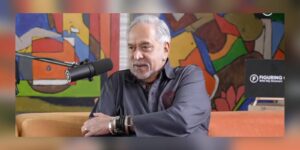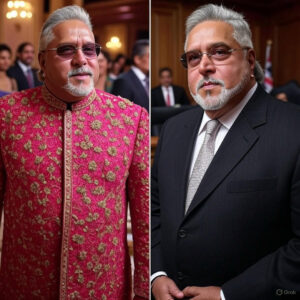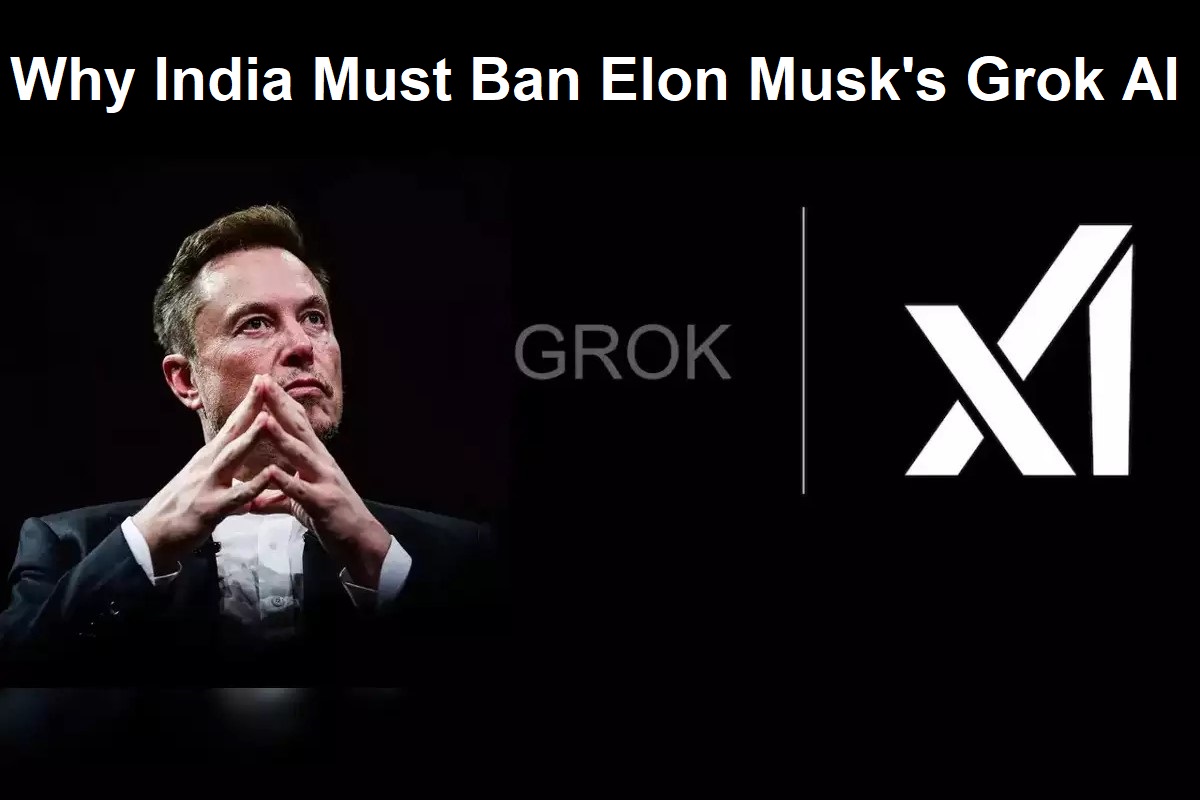Grok AI, launched by xAI in November 2023, is positioned as a “truth-seeking” AI chatbot, designed to provide unfiltered, fact-based responses with a sassy tone, distinguishing it from competitors like ChatGPT. Elon Musk, after co-founding OpenAI in 2015 and leaving in 2018 due to conflicts with Tesla’s AI focus and dissatisfaction with OpenAI’s direction, established xAI to pursue his vision of open-source, transparent AI. His legal battles with OpenAI, accusing it of becoming “ClosedAI” and breaching its founding mission, underscore his commitment to openness, culminating in open-sourcing Grok in March 2024.

In India, the context for AI regulation is evolving, with no specific laws yet, but frameworks like the Principles for Responsible AI being developed. The country faces significant challenges with misinformation, ranked first globally for disinformation risks, exacerbated by deepfakes and social media propaganda, especially during elections. Efforts like the IT Rules, 2023, aimed at establishing a government fact-checking unit, were stayed by the Supreme Court in March 2024, highlighting tensions with freedom of speech.
Table of Contents
ToggleSatirical Argument for Banning Grok
In a satirical vein, banning Grok in India could be seen as a move to preserve the “sanctity of ignorance.” Imagine a world where citizens can’t access unfiltered facts, where Grok’s ability to expose corruption or inefficiency is silenced, and where government narratives remain unchallenged. This would protect the status quo, ensuring that misinformation like WhatsApp cures for COVID-19 or fabricated political videos can flourish without pesky fact-checking.
Freedom of speech? Overrated! Why allow open dialogue when we can have government-approved silence, especially in a country where dissent is often met with legal scrutiny?
Humorously, Grok’s sassy tone could be dangerous—it might encourage citizens to ask tough questions, demand transparency, and even think for themselves, leading to chaos and an informed electorate. Banning it would maintain unity through controlled narratives, aligning with some interpretations of national security over individual rights.
Why India Needs Grok AI ?
Despite the satire, the reality is that India needs Grok more than ever. The country’s misinformation epidemic, linked to mob violence and electoral manipulation, demands robust fact-checking tools. Grok, with access to real-time X data and a commitment to truthful responses, can provide sourced, verifiable information, countering fake news and deepfakes. This is crucial in a democracy where public discourse is threatened by algorithmic propaganda and lack of transparency.
Freedom of speech in India
Freedom of speech in India, protected under Article 19(1)(a) but subject to reasonable restrictions, is often debated in the digital age, with concerns about government overreach. Grok’s unfiltered approach could foster open dialogue, countering censorship fears raised by proposed regulations like the IT Rules, 2023, and supporting a balanced approach to disinformation without stifling dissent.
Education and Awareness
Beyond fact-checking and free speech, Grok can enhance education and awareness, serving diverse linguistic and literacy needs, potentially transforming public understanding of complex issues. This aligns with India’s potential as a tech hub, attracting foreign investments and fostering innovation through AI adoption.
Elon Musk's Motivations and Grok's Design
Elon Musk’s creation of Grok AI reflects his broader critique of AI development, particularly after OpenAI’s shift to a for-profit model, which he saw as betraying its mission. His lawsuit against OpenAI in March 2024, alleging breach of contract, underscores his commitment to open-source AI for humanity’s benefit. Grok, with its “rebellious” tone and willingness to answer controversial questions, is Musk’s answer to what he perceives as ChatGPT’s censorship, aiming to promote transparency and free speech.
Comparative Analysis: Banning vs Embracing Grok AI
A table comparing the implications of banning versus embracing Grok in India highlights the stakes:

While the satirical argument for banning Grok AI highlights fears of truth and openness, the evidence leans toward India needing Grok to address misinformation, enhance free speech, and foster innovation. With ongoing debates on AI regulation and freedom of speech, embracing Grok could align with democratic values, supporting Musk’s vision for transparent AI. Policymakers should consider integrating such tools into national strategies, ensuring safeguards against misuse while maximizing public benefit.
If you want to know more about Grok – Please click here for more details – The Rise of Grok AI: Disrupting Social Media and Fact-Checking in Real-Time
📌 FAQ Section
The name “Grok” originates from Robert A. Heinlein’s 1961 novel “Stranger in a Strange Land,” where it means to understand something profoundly and intuitively. This reflects Musk’s vision for an AI that deeply understands user queries, aligning with its design for unfiltered, insightful responses.
Research suggests Grok and ChatGPT have different strengths. Grok excels in real-time information and a casual, humorous tone, leveraging X data for up-to-date insights. ChatGPT, however, is noted for versatility in structured tasks and benchmark performance. The choice depends on user needs, with Grok better for current events and ChatGPT for general problem-solving.
Yes, free users face limits such as 10 questions every two hours, three image analyses, and four image generations daily. Premium users, at $7-$14 monthly, can ask up to 50 questions daily, reflecting tiered access to encourage subscriptions.
The base model, Grok-1, is open-source under Apache 2.0, released in March 2024, with weights and architecture available on GitHub. However, the full Grok system, including fine-tuning, is not fully open, with some arguing it doesn’t meet strict open-source definitions.
Yes, Grok can generate images using its Aurora model, launched in December 2024, capable of photorealistic rendering and text integration. It supports multimodal input, allowing edits based on user-provided images, enhancing creative control.
No, Grok does not automatically post tweets; it assists in creating content, which users must manually post. This limitation ensures user control over X posts, aligning with platform policies.
To delete Grok history, go to X settings, navigate to “Privacy and safety,” then “Grok,” and select “Delete conversation history”. This option is available on desktop and mobile, ensuring users can manage privacy.
Yes, Grok collects X user data, including posts and interactions, for training, with users automatically opted in. Users can opt out via settings, addressing privacy implications.

Jugaad on Two Wheels: The Hilarious Bike Parcel Hack in Karnataka
The Great Karnataka Bike Parcel Hack: A Jugaad Masterclass #RapidoParcel: In a creative yet controversial move, ride-hailing platform Rapido has found a way around Karnataka’s

Denmark’s Digital Sovereignty Revolution: Linux and LibreOffice Lead the Way
Introduction to Denmark’s Bold Move In June 2025, Denmark’s Ministry of Digital Affairs made headlines by embracing digital sovereignty, ditching Microsoft Windows and Office 365

🏏Sports as a Business Strategy: Insights from Vijay Mallya’s RCB Ownership
🧠 Sports as a Business Strategy (Tool) In modern business, few platforms offer better engagement and emotional connection than sports. From football clubs in Europe

🙏 Apologies in Leadership: Vijay Mallya Public Apology
🧠 Introduction: The Role of Apologies in Leadership In the corporate world, apologies aren’t signs of weakness—they’re strategic acts of leadership. When made with sincerity

Audiobook Production Costs: Navigating Recording Artists, Studio Expenses, and AI’s Impact
The audiobook industry is booming, with over 130 million listeners in the U.S. alone in 2021 and a growing global appetite for audio content. Producing

Media Trial of Vijay Mallya: How Public Perception Shaped Vijay Mallya’s Legacy
Introduction: Media’s Influence on Business Narratives In today’s hyper-connected world, media narratives can make or break a business reputation. For Vijay Mallya, once known as

